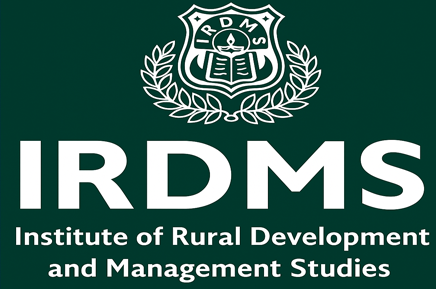SDG 1
No Poverty
SDG 2
Zero Hunger
SDG 3
Good Health and Well-being
SDG 4
Quality Education
SDG 5
Gender Equality
SDG 6
Clean Water and Sanitation
SDG 7
Affordable and Clean Energy
SDG 8
Decent Work and Economic Growth
SDG 10
Reduced Inequality
SDG 13
Climate Action
SDG 15
Life on Land
SDG 17
Partnerships for the Goals

.jpg)